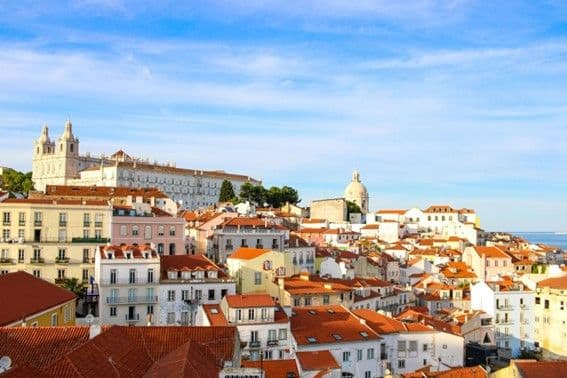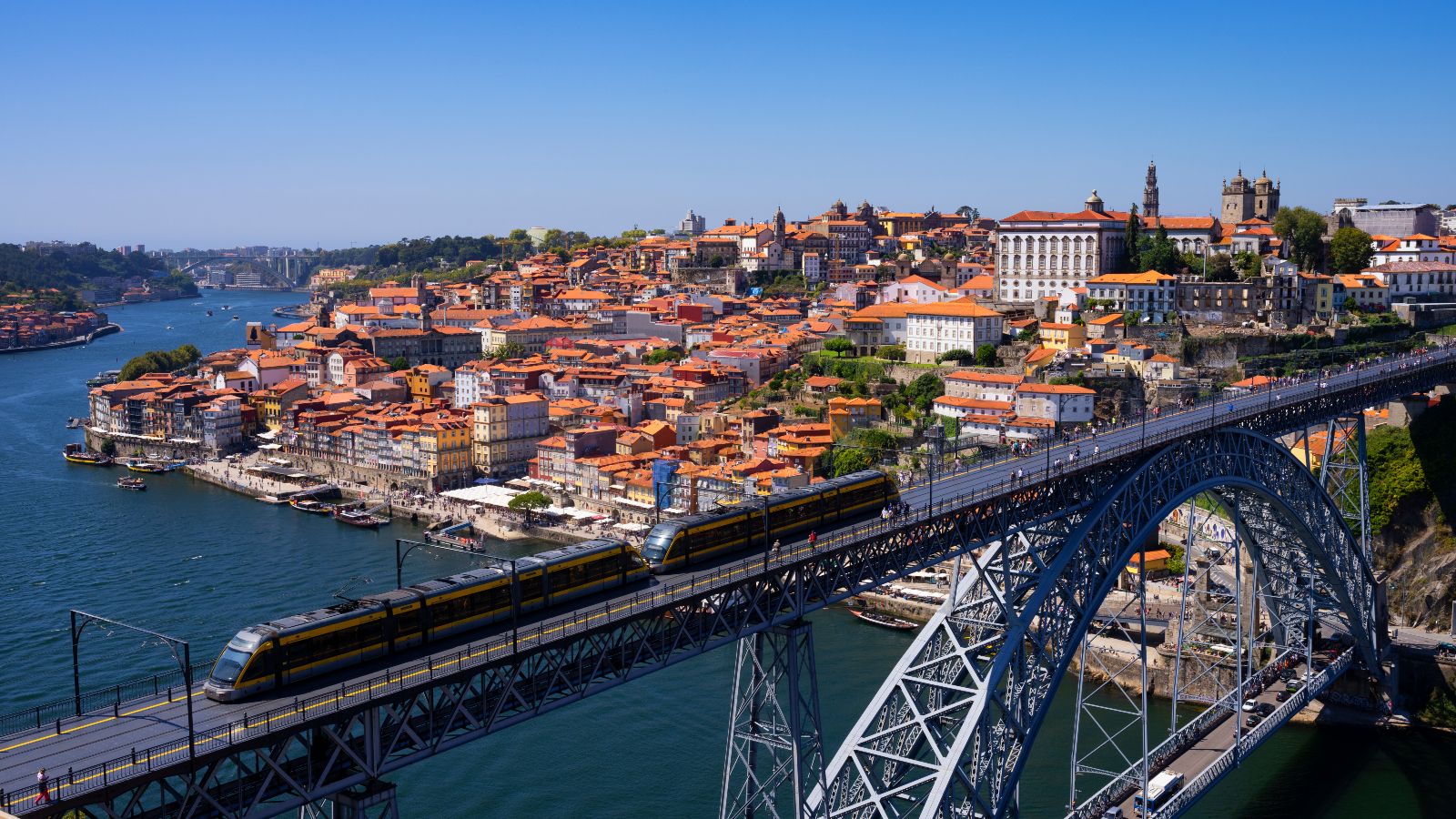A Guide to Relocating Families in Portugal: Services and Support Systems
For families with global mobility considering a move to Europe, Portugal has become a primary destination, attracting a significant expatriate population. The decision to relocate involves navigating complex systems, and this report outlines the specific relocation services and support programs available, particularly concerning education and healthcare. The target expatriate communities are diverse, though many are concentrated in the Greater Lisbon area, Porto, and the Algarve, where support infrastructure is most developed.
Housing assistance and accommodation services are a primary concern. Families can choose between the public and international education systems, a decision that heavily influences location and budget. Portugal has 51 international schools, which serve as a key support service for families seeking continuity in education, especially for children over 12. These schools, found predominantly in Lisbon, Porto, and the Algarve, offer curricula like the British National Curriculum or the International Baccalaureate. Annual tuition fees range from €6,000 to over €25,000. In contrast, the public school system is free and provides full linguistic immersion, a viable option for younger children.
Legal and administrative support services are critical for a smooth transition. To register for the public healthcare system, the Serviço Nacional de Saúde (SNS), a family must first obtain legal residency, a tax identification number (NIF), and a social security number (NISS). Once these are secured, they can register at a local health center (centro de saúde) to be assigned a family doctor. This process provides access to universal healthcare, which is free for children under 18. Private healthcare is also widely available and offers faster access to specialists, with many providers offering services in English. A basic family plan can cost between €300 and €400 per month.
Cultural integration and language support are actively promoted through government initiatives. As the number of foreign students in Portugal has doubled from 70,000 to 140,000 in recent years, the government hired 141 linguistic and cultural mediators for schools across the country in 2025. This program is designed to help non-Portuguese-speaking students adapt to the local school environment and bridge cultural gaps. An official from the Ministry of Education stated, 'Our goal is to ensure every student has the resources they need to succeed, regardless of their country of origin. These mediators are essential for that mission.'
Need Expert Guidance?
Get personalized insights from verified real estate professionals, lawyers, architects, and more.
Professional networking and career services for trailing spouses are often facilitated through expatriate community groups and organizations. Platforms like InterNations and local Facebook groups for expats are vital resources for building new social and professional circles. These communities often organize family-friendly events and provide a network for sharing practical advice on navigating life in Portugal.
Family services and educational support extend beyond the classroom. The choice of where to live is often dictated by proximity to schools. In Lisbon, neighborhoods such as Estoril and Cascais are popular for their family-oriented atmosphere and concentration of international schools, though rental costs for a three-bedroom apartment can range from €1,200 to €2,000 per month. Porto offers a more affordable alternative, with similar apartments renting for €800 to €1,500. For budget-conscious families, Braga is an emerging option with rents between €500 and €900.
Community connection and social integration are fostered by Portugal's family-centric culture. Children are generally welcomed in public spaces, and community life often revolves around family gatherings. This can provide a natural pathway for expat families to build relationships with their Portuguese neighbors. Maintaining connections with family and friends in the home country is also seen as crucial for a successful adaptation, providing a sense of stability during the transition period. The long-term settlement and citizenship pathways, such as the Golden Visa program, also provide a structured route for families planning to make Portugal their permanent home. Get expert guidance for international property buyers at realestate-lisbon.com.






